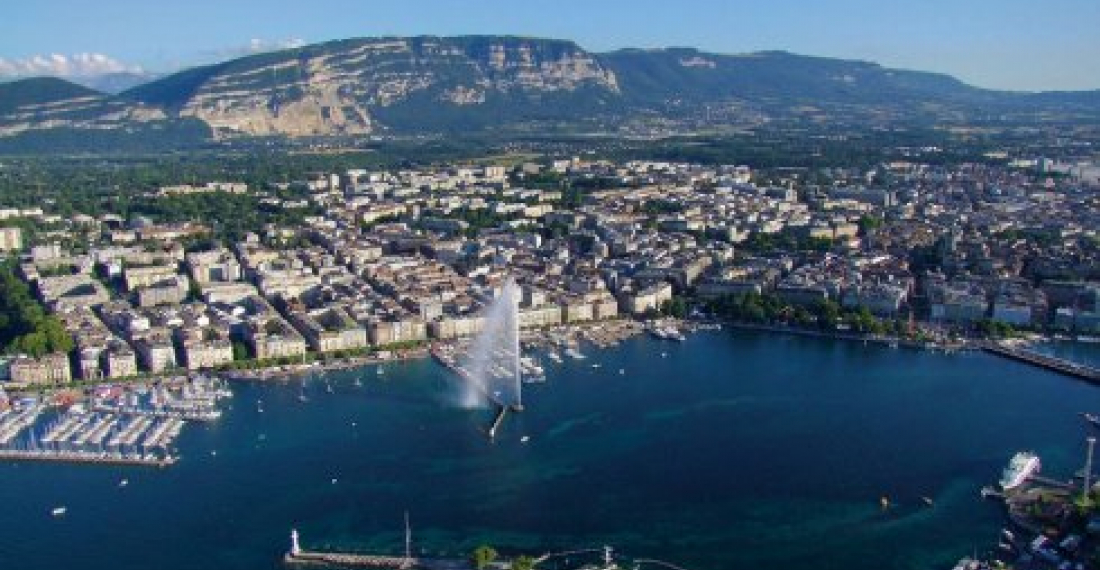The 48th Round of the Geneva International Discussions with the participation of Russia and Georgia, and with the mediation of the international community (the EU, UN and OSCE) took place on 2-3 July amid tensions in Georgian-Russian relations resulting from a diplomatic spat around the participation of a Russian parliamentary delegatıon attendıng a conference in Tbilisi on 20 June.
Earlier, Russian Deputy Foreign Minister Grigori Karasin gave an interview with the Russian Daily Kommersant on Monday (1 July) in which he tried to explain Russian actions over the last week, saying that Russian actions were tough but adequate.
In a statement at the end of the Geneva meeting the Co-Chairs welcomed the participants' commitment to the Discussions and reiterated their call for a result-oriented approach in order to achieve concrete progress on the core issues. However, they regretted the crossing restrictions imposed on 27 June at the Abkhaz administrative boundary line. They called for these restrictions to be lifted without delay. It was noted that these measures have negatively affected freedom of movement, especially of persons in need of medical assistance and students travelling to take exams.
In Working Group I, the overall security situation was described as relatively calm and stable. The value of Incident Prevention and Response Mechanisms (IPRMs) and hotlines was highlighted. In this context, the need to resume the suspended meetings of the Gali IPRM was once again stressed. The functioning of the Ergneti IPRM was positively mentioned.
In Working Group II, the participants reviewed the humanitarian situation on the ground, in particular the impact of the crossing restrictions. They also discussed missing persons and agreed on the need to make progress on all cases. The participants furthermore exchanged views on documentation, public health, education and environmental challenges. While the participants agreed on the importance of the issue of internally displaced persons/refugees, it could not be addressed in substance due to a walkout by some participants. In this regard, the Co-Chairs regretted the disruption of the round and call on participants to constructively engage on all agenda items.
The participants agreed to hold the next GID round on 8-9 October 2019.
source: commnonspace.eu with osce.org






